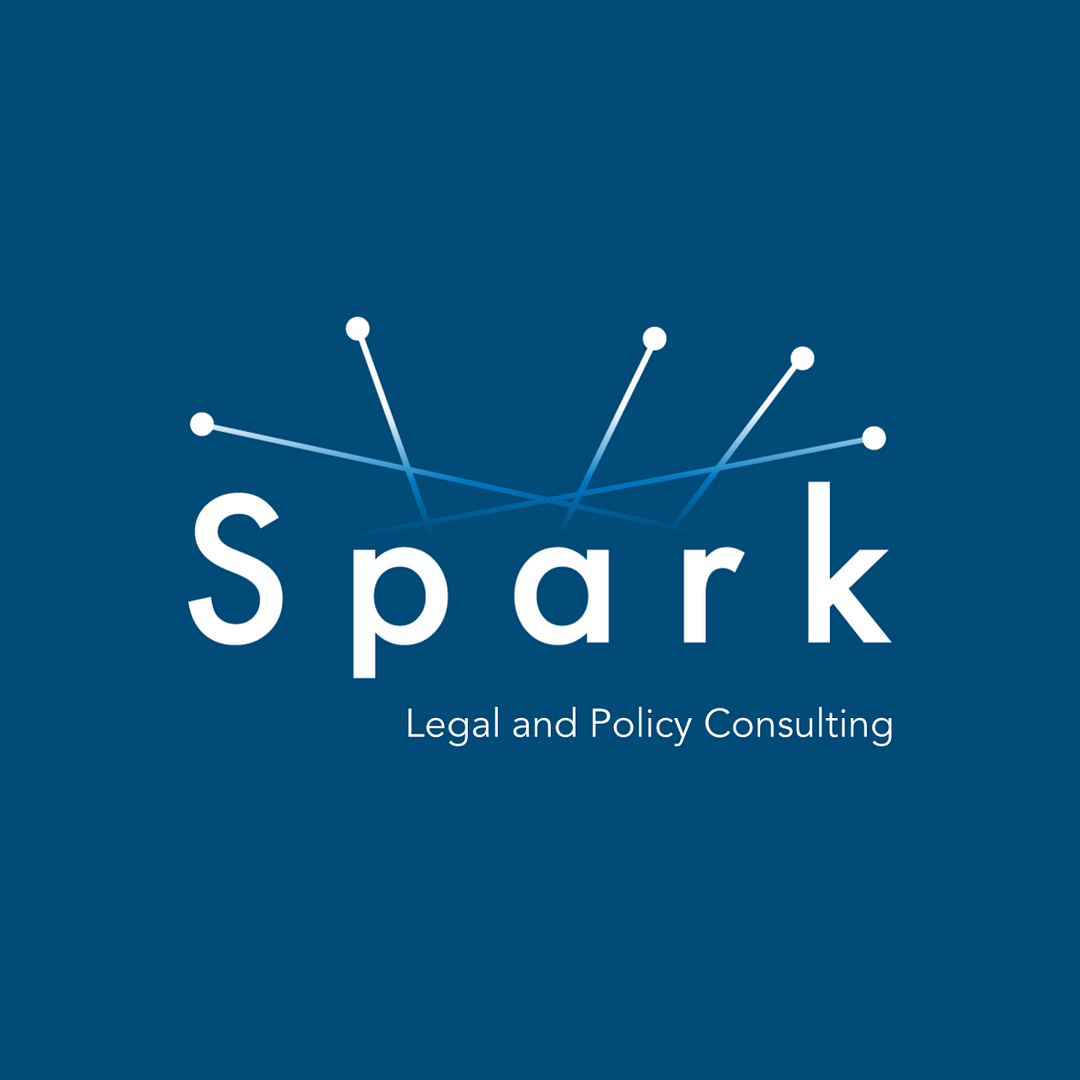Spark has begun a new study for the European Commission (DG ENER) on assistance with the verification of compliance of national legislative measures implementing Directive (EU) 2018/2002 on energy efficiency and Directive (EU) 2018/844 on the energy performance of buildings.
As part of this study, prima facie checks aimed at verifying if all provisions of these Directives have been transposed into Member States’ national legal orders as necessary will be carried out. In addition, in-depth legal analyses of the conformity of national transposition and implementing measures with the respective provisions of these two Directives will be conducted.
Directive (EU) 2018/2002 was adopted in 2018 as part of the ‘Clean energy for all Europeans package’ in order to update the policy framework to 2030 and beyond. The key element of the Directive is a headline energy efficiency target for 2030 of at least 32.5%. Directive (EU) 2018/844 introduced new elements with regard to the energy performance of buildings and sends a strong political signal on the EU’s commitment to modernise the buildings sector in light of technological improvements and increase building renovations.
The national legal research for this study will be carried out by a network of national legal experts! For more information, please contact Esther Tenge (esther@sparklegalnetwork.eu).


